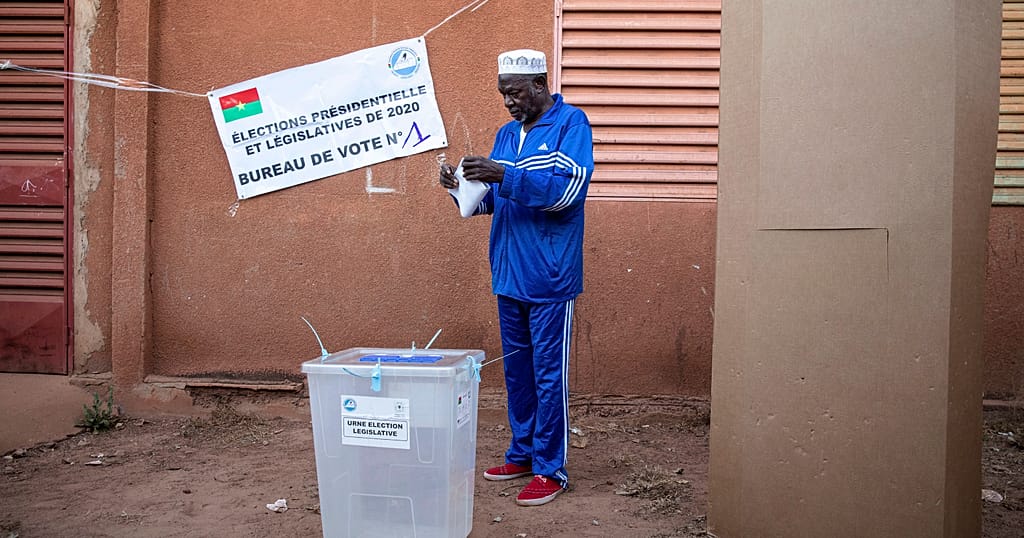Burkina Faso’s Transitional Legislative Assembly has approved the dissolution of the country’s Independent National Electoral Commission, a body that has been in place for over 20 years. This move formalizes a bill adopted in July by the military rulers, led by Captain Ibrahim Traoré, who have described the commission as ineffective and susceptible to foreign influence.
The decision to dissolve the electoral commission is part of a broader effort by the military government to consolidate power and reshape the country’s electoral landscape. Under the new law, the Ministry of Territorial Administration will assume responsibility for organizing elections, a role previously held by the Independent National Electoral Commission. This change has significant implications for the country’s democratic process and the upcoming elections.
The military junta, which seized power in September 2022, had initially promised to restore a civilian government within 21 months. However, in May last year, the junta extended the transition period by five years and announced that Captain Traoré would be eligible to contest the next presidential election. This move has raised concerns about the military’s commitment to democratic principles and the potential for a prolonged period of military rule.
The military government has also sought to reduce ties with Western countries, including France, the former colonial power, and has instead forged a closer strategic and economic partnership with Russia. This shift in foreign policy has significant implications for the country’s relationships with international partners and its position within the global community.
The dissolution of the electoral commission and the extension of the transition period are significant developments in Burkina Faso’s ongoing political crisis. As the country navigates this period of uncertainty, the international community will be closely watching the military government’s actions and their impact on the country’s democratic institutions and processes. The next steps for the country will be crucial in determining the future of its democratic development and the stability of the region.
